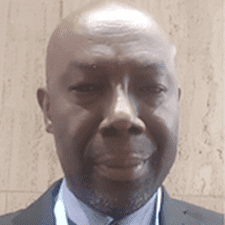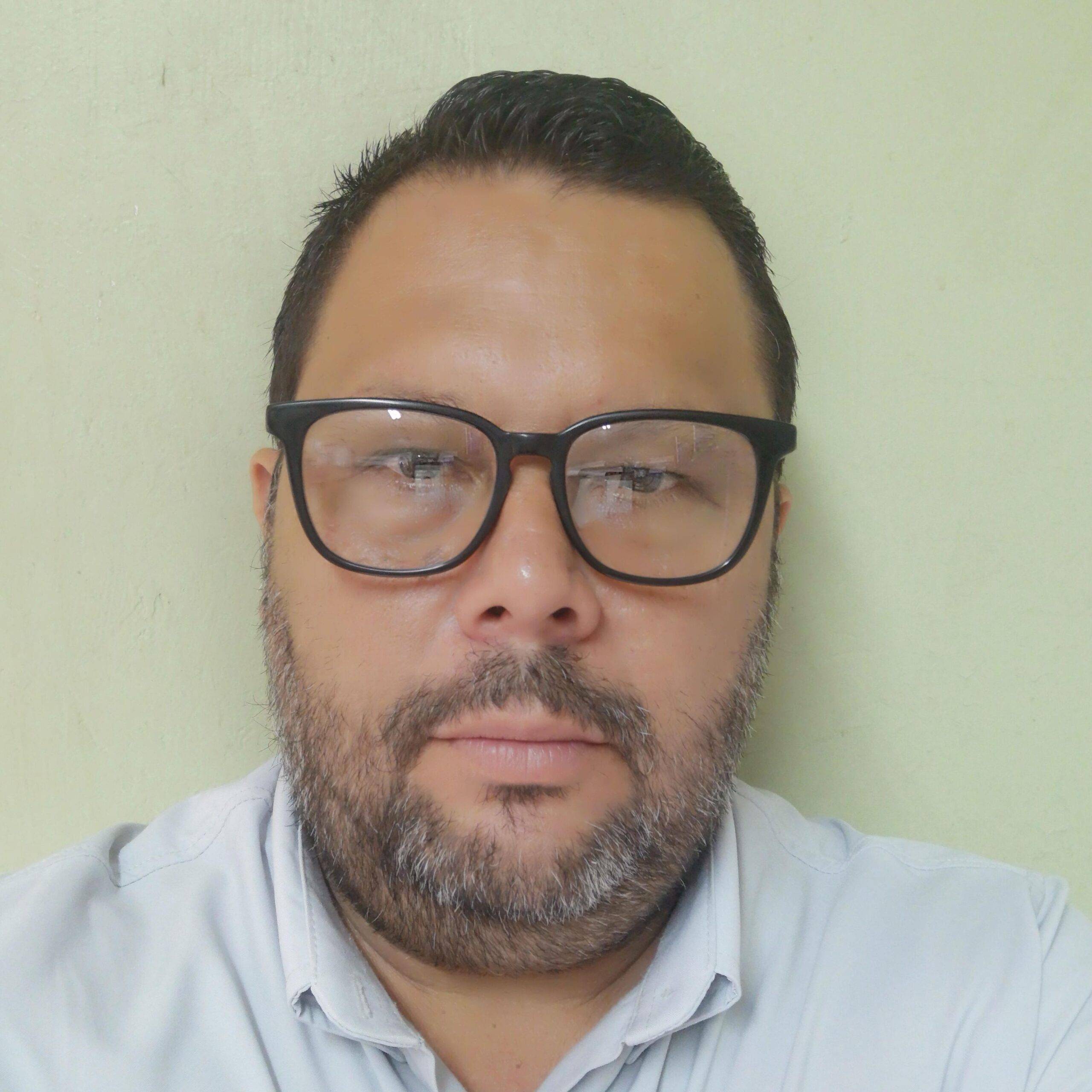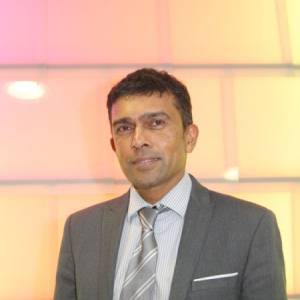Unlocking Early Warning for All: Empowering Inclusive Action through Community Access and Partnerships
Although Early Warning Systems (EWS) are already in place in many parts of the world, the complexity of their underlying components and the multitude of stakeholders, often working in “silos”, prevent them from being fully effective. Modernization efforts supported by development partners often target specific components of a linear EWS value chain, failing to yield short-term benefits for the most at risk. In addition, the inclusion of groups often excluded or disadvantaged, based on gender, disability, sexual orientation, and other factors, remains a challenge. While it is critical to enhance lead time, temporal and spatial resolution of forecasts, it is equally important to translate model outputs into tailored, understandable, and actionable information accessible to decision makers, emergency responders, and most importantly all (prepared) people/population that need it to make an informed decision prior to an extreme event. During this focus day session, participants will explore opportunities for building inclusive and actionable early warning services, bringing in a range of ingredients from technological innovations to enhanced collaboration mechanisms among all key stakeholders. The event will also provide a space to discuss key lessons and areas of good practice from specific examples, along with recommendations and entry points for inclusive, accessible EWS, building from the guidance note “Designing Inclusive and Accessible Warning Systems: Good Practices and Entry Points” prepared by the Global Facility for Disaster Reduction and Recovery (GFDRR).
Organized by: GFDRR Inclusive DRM & Gender Equality Thematic Area & GFDRR Hydromet/EWS Thematic Area






